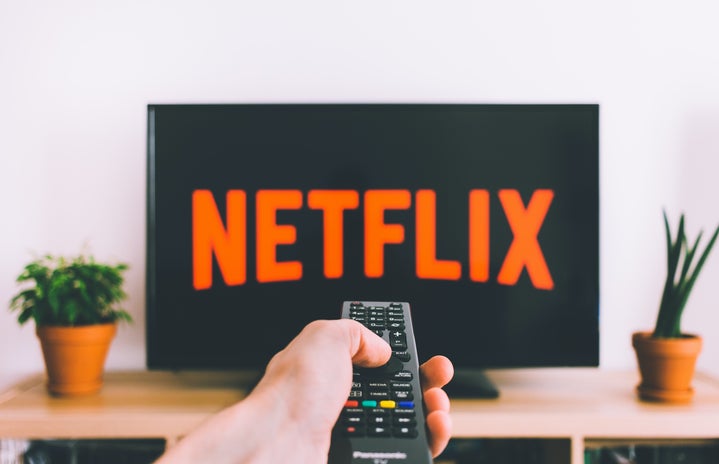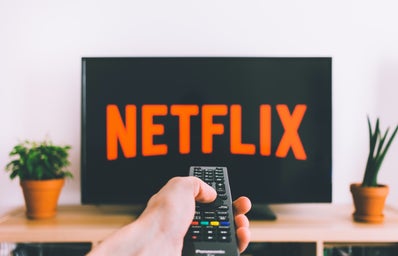I think at some point or another, every person goes through a period of maturation and realizes that a lot of the entertainment they used to consume is at best, questionable, and at worst, problematic.
As a person studying communications and the media, I’m a little bit more prone to this problem – carefully dissecting every show, movie, song, and book for its representation and portrayal of its characters and problems. At the risk of sounding like an angry feminist killjoy, I’ve had to hold my tongue on some of my opinions (so much so that my boyfriend has started refusing to watch certain movies with me because of this). I wish I was kidding.
A while ago, we were watching a Mark Wahlberg movie (no, it does not matter which one), wherein most of the humor revolved around him making “sissy” jokes to Will Farrell’s less traditionally masculine character. As a female-identifying person, I was naturally quite miffed, though pointing out these things can go one of a couple ways, including:
-
“Chill out, it’s just a joke/movie/etc.”
-
“Why do you always take things so seriously?/It’s not that serious.”
-
*awkward silence/guilt for being called out for enjoying this kind of humor*
It goes far beyond sissy jokes, though the inclusion and normalization of these jokes does in fact, inform and uphold stereotypes about womxn. We have to start criticizing the makers of the media we consume for racist caricatures, whitewashing, colorism, the sexualization and/or infantilization of womxn, misogyny, transphobia, homophobia, xenophobia, and etc.
Of course, I understand, this is easier said than done. And how does one consume media without feeling like you’ve somehow “ruined” your experience by being more aware of these issues?
A good example of this is the infamous Harry Potter and the continuing transphobic and racist actions of author J. K. Rowling. Many people, myself included, have nostalgia and sentimental feelings attached to it. It’s found family tropes and the fantastic magic world provided an escapism for many. But it would be remiss and wrong to ignore how harmful JKR continues to be, so here’s some ways to alleviate that.
First, understand and do not shy away from the author’s problematic behavior. Doing so erases and glosses over the very real pain caused by her racism and transphobia. Acknowledge that some people will not like Harry Potter, and do not vilify them for their criticisms. Stop obsessing over your Hogwarts house. Try not to spend money on official merchandise – find the books and movies secondhand, or purchase things from small-business owners/artists. Promote more diverse books, such as the Percy Jackson books and its related spin-off series by Rick Riordan, for example.
Another example is Gina Carano, recently fired from The Mandalorian by Disney for her posts comparing her experience as a conservative to the Holocaust, and many other abhorrent and discriminatory behavior. Call out this kind of behavior, boycott if you can, and be active online about your beliefs. The backlash will be effective. However, also know that, like many others before her, Carano was simply able to find employment with people who share her views, without much other retribution.
Many of the “classic” movies people enjoy also show deeply disturbing issues of sexual harassment and assault, gaslighting, and much more.
Again, just try and take things with a grain of salt, don’t promote them if you can, and understand it is normal to feel guilty for enjoying things you know are problematic. Encourage creators to stay in their own lane and write what they know (ex. Don’t promote a Black story that was written by a white person, or a queer story written by a cishet person). Try and consume more diverse media that shows it can be done (albeit, no show/movie/song/book is going to be perfect, but as long as the creator understands their position of power and privilege to change things and not double down, I believe it’s a good first step to evolving our society through media).



